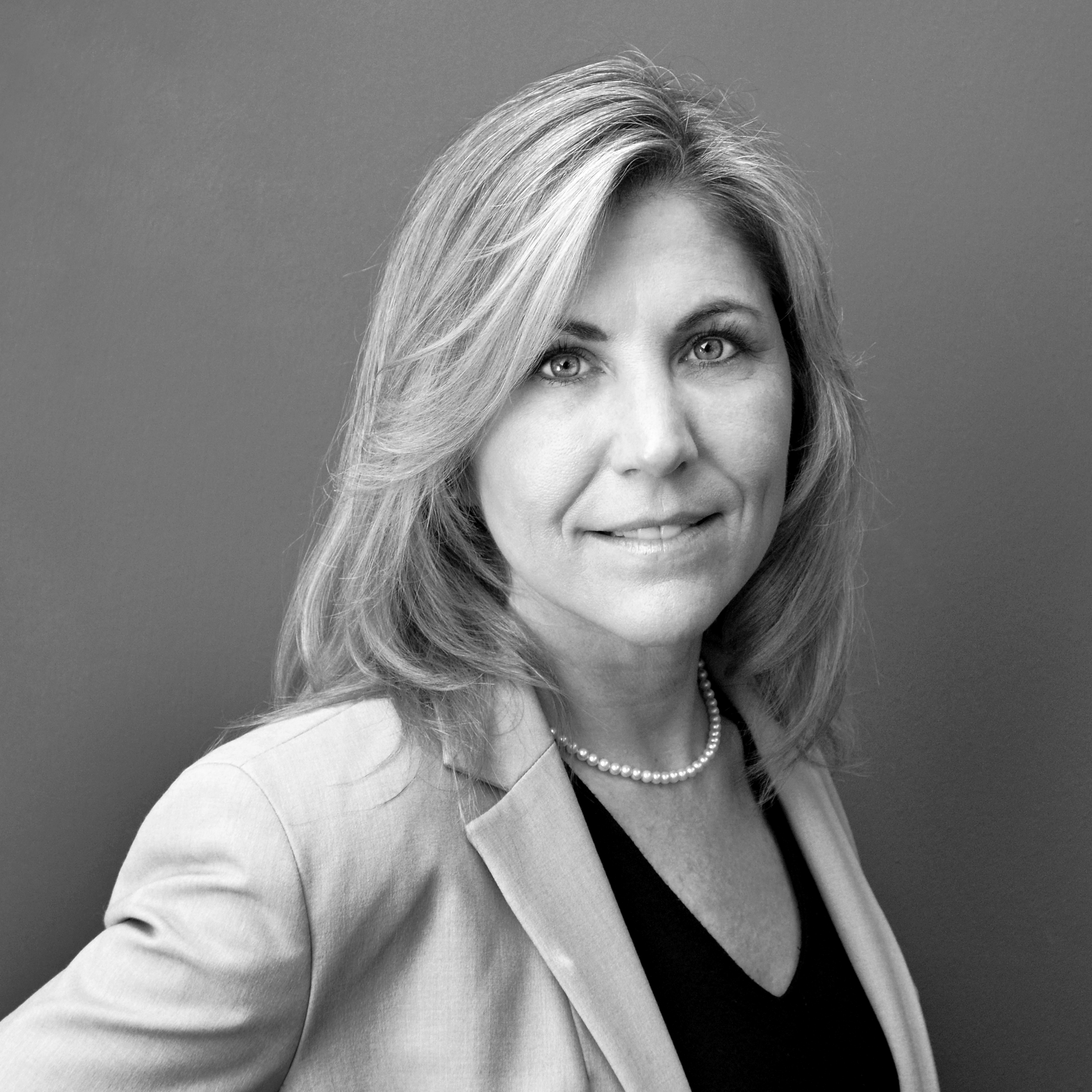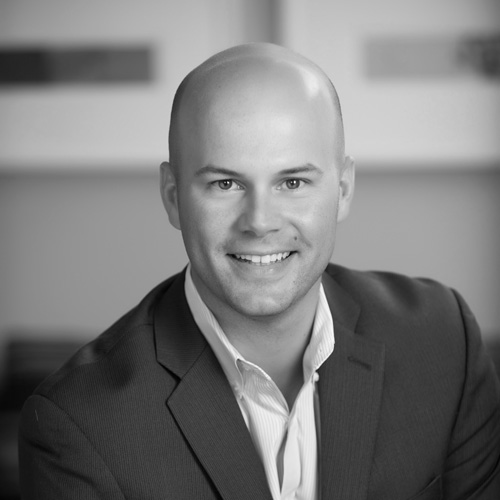Jerry Murrell opened his first Five Guys restaurant in 1986 in Arlington, Virginia. Over the next several years, he and four of his sons opened four more locations in the Washington, DC, metropolitan area, gaining iconic status along the way. The Murrells began offering franchises in 2003. In just several years, the family sold all of the North American rights. The complexities of franchising for a major property are inherently abundant, but they become even more so in a fast-growing chain such as Five Guys. Deputy general counsel Adam Aberra spoke with Modern Counsel about the company’s strategy for growing the brand in new markets.
Modern Counsel: How did you end up working at Five Guys?
Adam Aberra: I moved to the Washington, DC, area in 2006 to join the corporate franchise and distribution team at DLA Piper. I learned about Five Guys when a friend included one of their bacon cheeseburgers as part of a “welcome to DC” care package. It was amazing and left an impression. So much so that when one of my clients later mentioned an interest in securing the franchise rights for Five Guys in southern California, I fully endorsed it. We successfully negotiated the deal with Five Guys, and at the closing lunch, the general counsel pulled me aside and asked if I’d like to join the company. They were growing so fast then and needed help. The more I learned about the company, the more I liked it. It was very much a right time, right place kind of thing.
MC: You joined in 2008, and the company sold rights to more than 1,000 locations globally shortly after?
AA: That’s right. When I initially joined, I focused my attention on restructuring and negotiating our development and franchise agreements throughout North America. It wasn’t long before we started looking across the water. Once we started thinking seriously about going overseas, the Murrell family determined we needed more control over the brand’s rollout than our franchise deals afforded us. We decided to look for a joint venture (JV) partnership and were fortunate to find an excellent partner in Sir Charles Dunstone, one of the most successful entrepreneurs in Britain. He is primarily known for cofounding Carphone Warehouse in his apartment in 1989 and growing the company to a current valuation of approximately $6 billion, following its recent merger with Dixons Retail. I worked with his legal team on the JV agreement and related licensing documents, and within a few months, London’s inaugural Five Guys opened in the Covent Garden district. We now have scores of stores in the United Kingdom (UK).
Franchises vs. Joint Ventures
Franchise
A franchisee pays a company for the right to sell products or services using the company’s name, image, and intellectual property.
The business is independently owned and operated by the franchisee.
Agreements are public documents.
Joint Venture
Two parties agree to introduce one party’s products or services to a market in which the other party has particular expertise.
Operational decisions and profits are typically shared equally.
Agreements are private documents.
MC: What are some of the differences between your JV and franchise deals?
AA: The JV we have with Dunstone is set up as a UK limited corporation, with each party having equal input. That gives us decisional influence over site selections, lease negotiations, and, perhaps most importantly, who is hired at the executive, management, and store levels. We approach the JV, essentially, as an extension of our company that we operate with an expert who knows the local market and with whom we share both the risks and rewards of the business.
A franchise, on the other hand, is a different type of partnership in that it is essentially a business that is independently owned and operated by the franchisee. The franchisee pays for the rights to use our name and system, but they determine whom they hire, which site locations to pursue, the best ways to penetrate their respective markets, etc. We provide training, support, and access to our trade secrets. But at the end of the day, the business is theirs to operate. The financial arrangements are also different. With a JV, we earn 50 percent of the net profits. With our franchise locations, we earn between 6 and 8 percent on gross sales.
MC: Despite the success of the JV model in the United Kingdom, you decided to go with franchises in the Middle East. Why?
AA: Several countries in the Middle East require the majority owner of a business to be a natural citizen of the country, eliminating the parity of the JV option. We were fortunate to partner with Mohamed Alabbar, the developer of the Burj Khaliffa in Dubai, the tallest building in the world. I negotiated the principal agreements with him and his team for the acquisition of the Five Guys franchise rights for the United Arab Emirates, and they opened their first location in the Dubai Mall in May of 2015. That store has surpassed Covent Garden’s sales records—which had been our most popular store—and is enjoying the most foot traffic of any of our locations, with just less than 3,000 customers a day. It’s been truly amazing to watch this brand cross borders and cultures in such a remarkable way.
MC: What have been your biggest challenges expanding overseas?
AA: Finding quality food suppliers. The Murrell family is doggedly particular about each ingredient. We only use beef that is fresh, never frozen, and each burger is made to order. Our buns are baked fresh using a proprietary mix that we’ve been able to replicate in each market. Our fries are prepped daily from potatoes grown in Idaho and places that have a similar climate and soil density. The Murrells tested 200 different pickles in the UK before finding a supplier they were happy with. There are so many details that go into this level of quality control, but we want our customers in Cambridge, England, to have the same experience they do in Cambridge, Massachusetts, and that starts with the food. There’s simply no cutting corners or compromising when it comes to the ingredients. We have a very talented and determined supply chain team that makes that possible.
MC: Which country will be next and which model will it be?
AA: France, if things go as planned. We decided to go with a known quantity, so our JV deal with Dunstone will cover our locations in France.
MC: Jerry Murrell has managed to keep Five Guys private. Do you see that as an advantage?
AA: For now, being private gives us more flexibility. There have been times, for instance, when the market seemingly mandates that we add something like grilled chicken sandwiches to the menu. But that would dilute our brand, so we don’t do it.
There had been some outside pressure to go global soon after the North American rights sold out, but the Murrells had the foresight to know we weren’t ready then. We don’t have to answer to shareholders or market fluctuations like public companies do. The ability to set our own course is significant. The fact we’re family-owned is also important. A number of interested buyers have approached Jerry [Murrell] over the years, but he bases his decisions on what’s best for the family. He started this company by telling his sons they had a choice: go to college, or use the tuition money to start a family business. They chose the latter, and all five sons work for the company. He wants to make sure Five Guys continues to be something they can share, build together, be proud of, and bequeath to their children and grandchildren. Being private allows him to keep that focus.


